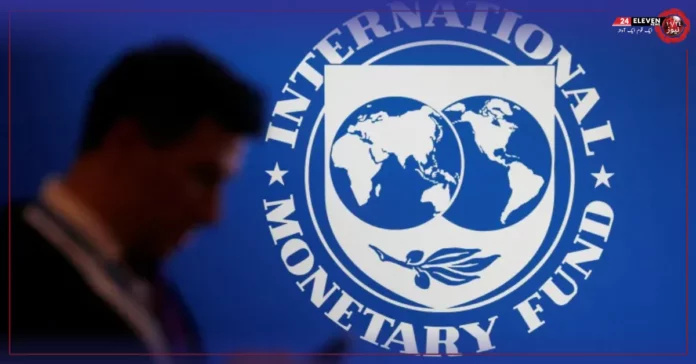Pakistan and the IMF have struck a pivotal deal to disburse $700 million from a $3 billion bailout, offering a crucial lifeline to the country teetering on the brink of financial crisis.
Following extensive negotiations spanning two weeks, Pakistan clinched a preliminary agreement with the International Monetary Fund, signalling progress in their ongoing partnership. This pact marks the release of the second installment from the IMF’s bailout package, initially signed in June, with the latest tranche aimed at stabilizing the country’s fragile economic landscape.
Pending approval from the IMF executive board, the unlocked $700 million would contribute significantly, boosting the total disbursements to nearly $1.9 billion, as confirmed by Nathan Porter, the IMF’s Pakistan mission chief.
Read More: Unveiling the ‘Reptar’ Vulnerability: Intel CPUs at Risk of System Crashes
The conditions attached to the bailout necessitated stringent measures, compelling Pakistan to reassess its budgetary framework and phase out subsidies on electricity and fuel. The initial tranche of $1.2 billion, received a month after the agreement, served as a vital injection of support for a nation grappling with imminent default.
Reflecting on the nation’s economic state, the IMF acknowledged tentative signs of a recovery buoyed by international support and a burgeoning sense of restored confidence. Despite the nascent progress, the IMF cautioned against complacency, highlighting persistent vulnerabilities and external risks that continue to shadow Pakistan’s economic trajectory.
The country, home to a population of 241 million, has been navigating through a turbulent period of financial turbulence and political unrest for close to two years. With foreign reserves at a precarious level—hovering below $4 billion—and an external debt exceeding $20 billion this fiscal year, Pakistan’s economic woes have been compounded by a depreciating currency, witnessing the Pakistani rupee losing over 50 percent of its value against the dollar within a year.
Read More: Unveiling the ‘Reptar’ Vulnerability: Intel CPUs at Risk of System Crashes
Notwithstanding, analysts point to positive strides in macroeconomic indicators. The concerted efforts of the Pakistani government, aligned with IMF stipulations, have led to marked improvements, notably in curbing inflation, which retreated to 27 percent in October from a peak of 38 percent earlier this year.
Economists and former government advisors lauded the government’s resolve to implement bold measures aligned with IMF directives, emphasizing the potential for these actions to pave the way for further negotiations and future financial support. However, with national elections on the horizon, the caretaker government’s capacity to enforce stringent economic policies may diverge from the approach an elected administration might take, potentially impacting the continuation of these reforms.



